加载中...
共找到 14,692 条相关资讯
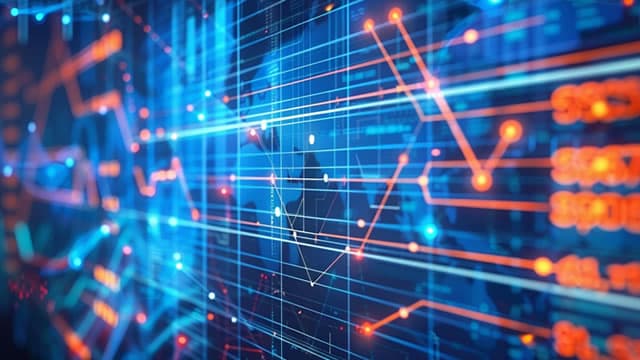
Critics argue that formalizing nearly nonstop trading could worsen some of the very problems that plague the structure of equity markets today.

Sara Naison-Tarajano, global head of capital markets at Goldman Sachs Private Wealth Management, joins 'Money Movers' to discuss the outlook for 2026, family offices' role in the market, and more.

Forget turtledoves and golden rings. When December rolls around, investors expect Wall Street strategists to deliver actionable trade ideas.
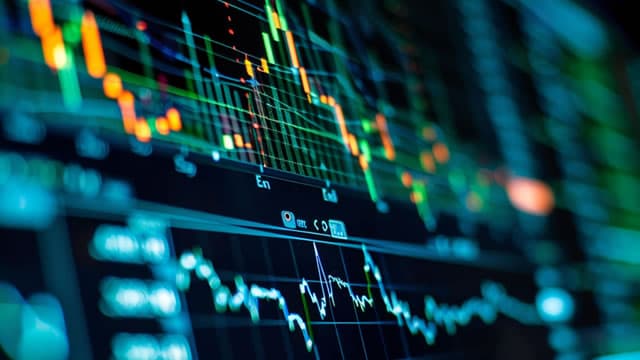
The US labor market expanded by 64,000 non-farm payroll jobs in November, according to the US Bureau of Labor Statistics' (BLS) delayed report, following a decline of 105,000 jobs in October amid the government shutdown. Additionally, the unemployment rate increased to 4.6%, and average hourly wages rose by only 0.1% (below the estimated 0.3%).
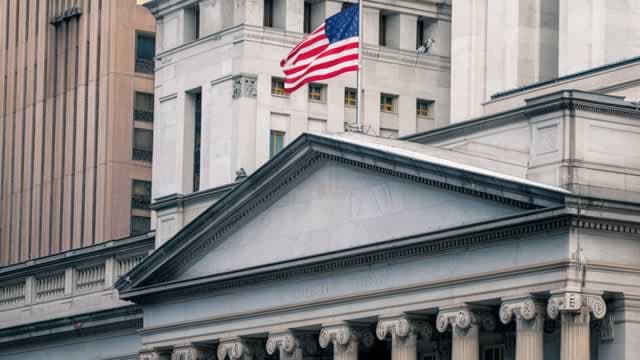
David Kelly, JPMorgan Asset Management chief global strategist, joins 'Squawk on the Street' to discuss the November jobs report, his prediction for the markets in 2026, and more.

Shares of U.S. and Canadian cannabis stocks continued their rally on Tuesday, after President Donald Trump a day earlier said he was “very strongly” weighing an executive order to reschedule the drug, a move that could lift some regulations on the substance.
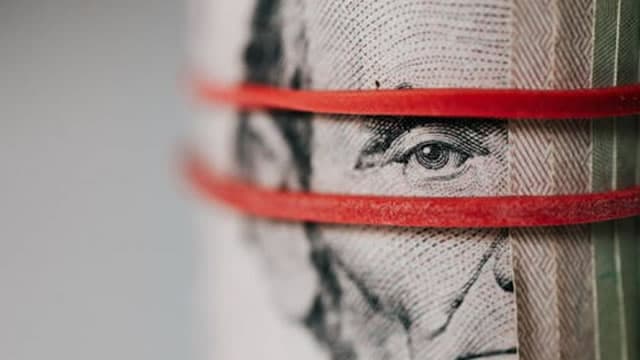
The S&P 500 (SPX) is poised for further gains into 2026, driven by robust AI adoption and capex spending. I expect AI-driven operating efficiencies to justify elevated index valuations, supporting a forward P/E multiple of 22x versus the historical 17x.
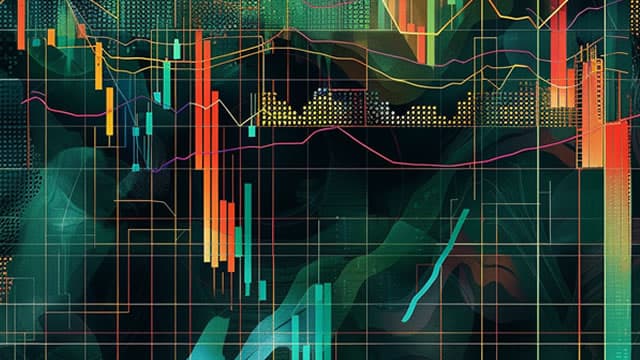
Ashok Varadhan, co-head of global banking and markets at Goldman Sachs, joins 'Money Movers' to discuss rate cuts, the 2026 market outlook, and more.
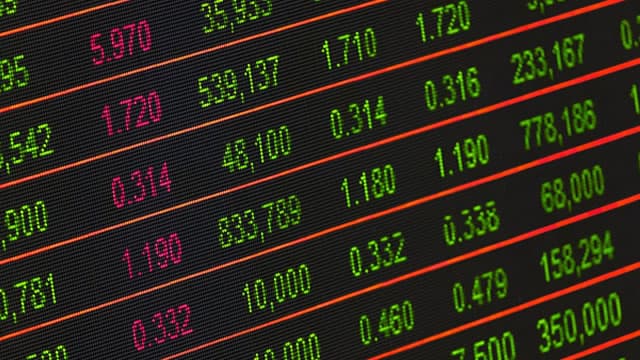
I project the S&P 500 to reach 6,960 by end-2026, implying just 2% upside from current levels. Elevated 25x TTM P/E serves as a valuation cap, with limited scope for further multiple expansion amid rising long-term bond yields and tepid free cash flow conversion.
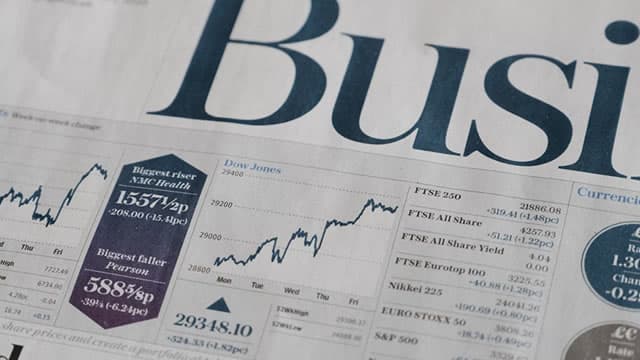
I see elevated risks for the S&P 500 (SPY) in 2026 due to high valuations, concentration, and economic headwinds. Negative job growth, rising layoffs, and weak consumer sentiment suggest recession risk, while margin debt and CAPE ratio signal market vulnerability.
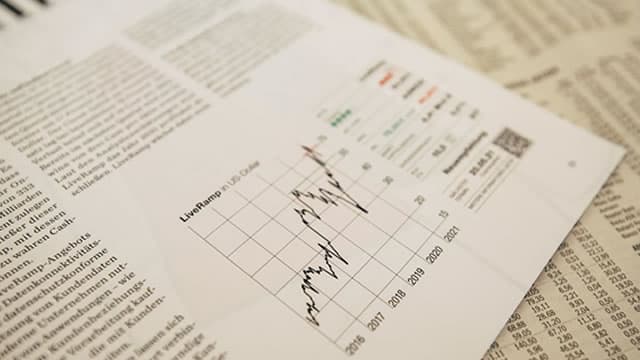
President Donald Trump is considering a Medicare pilot program that would provide some seniors access to CBD as he looks to reclassify marijuana as Schedule III. A looser classification would ease tax burdens, banking limits and research barriers, while Medicare reimbursement could attract institutional and pharmaceutical investors.
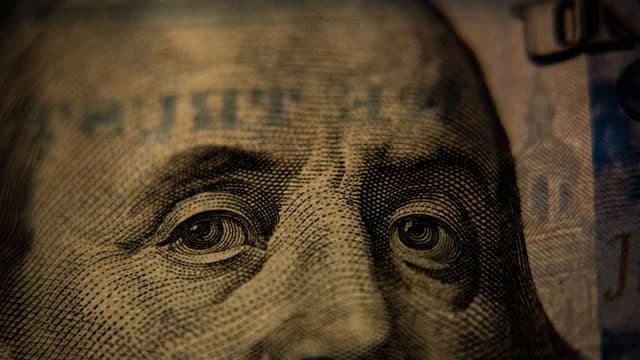
After weeks of delay, a fresh wave of government data is finally offering a clearer snapshot of how consumers and workers in the United States have weathered months of tariff uncertainty, higher interest rates and uneven job growth heading into the holidays. The picture that emerges is neither collapse nor comfort.
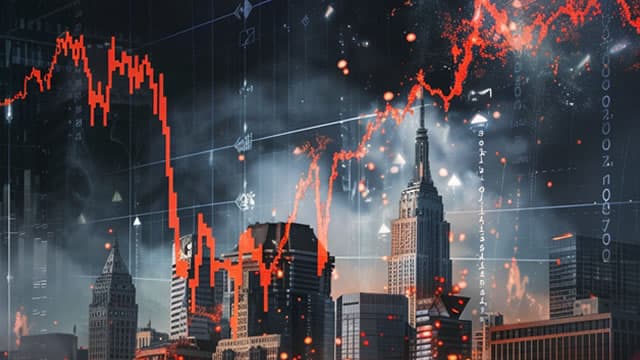
The Fed cut rates by 25 basis points to 3.50%-3.75%, marking its third consecutive cut and lowest level in three years. Beyond the rate cut, the Fed initiated Reserve Management Purchases (RMPs), buying $40 billion/month in T-bills to ease money market tightness.
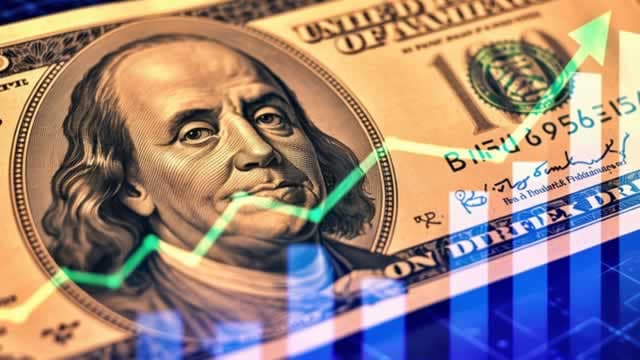
‘Mornings with Maria' jobs panel breaks down November jobs report.
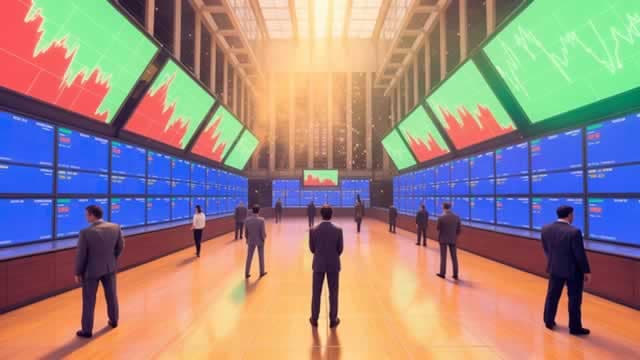
Treasury Secretary Scott Bessent predicts inflation relief and tax refunds for Americans in 2026, forecasting a "bountiful" economic year ahead for Main Street and Wall Street.
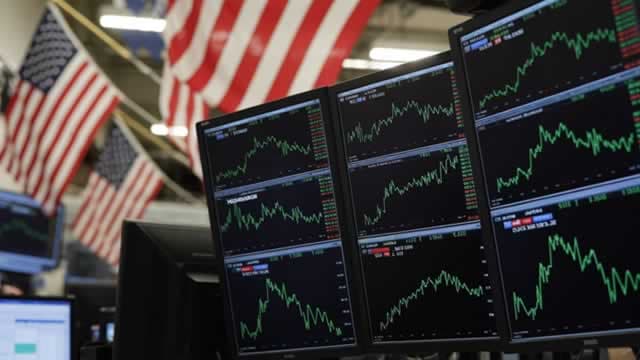
The jobs report from the Bureau of Labor Statistics (BLS) for November 2025 was finally released this morning, after a delay induced by the federal government shutdown. The report offers some anxiously awaited information on the job market - but probably not as much clarity as the Federal Reserve hoped it would get.
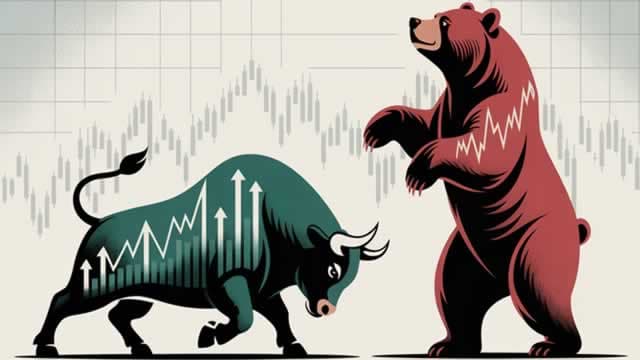
Lemonade, Moelis, and Bank of Montreal are showing constructive technical setups.
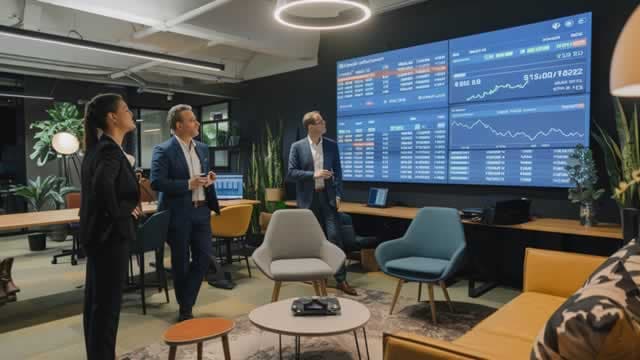
Ed Yardeni, president at Yardeni Research, joins 'Squawk on the Street' to discuss the latest jobs data, interest rates, and more.
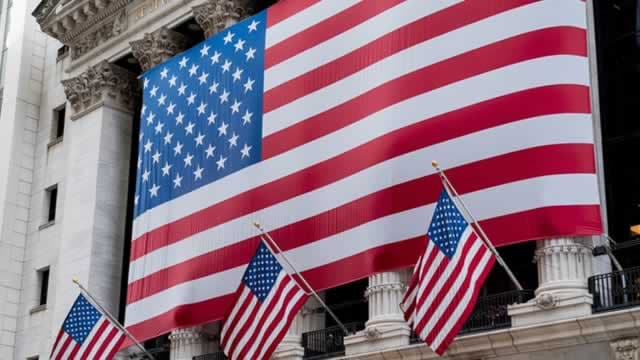
On Tuesday, the Labor Department provided market observers with a double whammy jobs release. The data release included the jobs picture for both October and November, a catch-up from prior delays relating to the government shutdown.

Dennis Lockhart, former Atlanta Fed president and Georgia Tech professor, joins 'Squawk Box' to discuss how November's jobs report impacts the Federal Reserve.